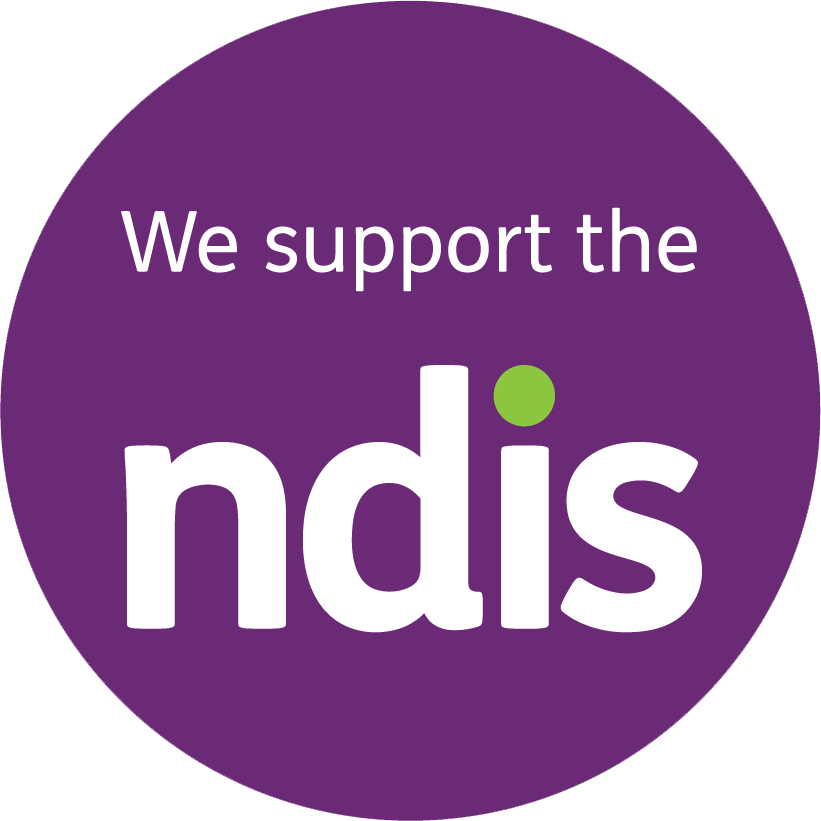Our world is becoming more fast- paced and more confusing. Work and home deadlines, life responsibilities, bills and financial stressors, celebrity icons, can mean it is difficult to find comfort. Taking the time to stop and reflect on the positives in life is important to keep us grounded.
The word gratitude comes from the Latin word “gratus”, which means “thankful, pleasing.” Therefore, in its simplest form, to be grateful, is to have appreciation and express thankfulness. However, there is more to gratitude than perhaps first meets the eye.
In thinking about the psychology of gratitude, and what gratitude ‘looks like’, research suggests that gratitude involves having a distinctive view of the world. In other words, it is a tendency to be aware and notice the positive things in life.
What’s more, grateful individuals show an appreciation of those positive things – even the smallest things that other people may simply take for granted.
Research has shown that practicing gratitude may lead to overall health benefits.
Wellbeing – Gratitude is associated with a high positive affect, low negative affect, and a high satisfaction with life. A number of studies have found that gratitude is associated with subjective wellbeing, and reduced stress levels.
Relationships – Individual differences in gratitude in terms of relationships show that gratitude is associated with the perceived quality of relationships. Gratitude relates to one’s willingness to forgive others. Furthermore, it seems to strengthen relationships and contribute to relationship connection and satisfaction. Some studies have also found that gratitude may even promote conflict resolution and foster reciprocally helpful behavior.
Health – Some studies have looked at gratitude and stress – such researchers have concluded that gratitude may relate to the state of health more generally through stress as a mechanism. There is a developing body of knowledge regarding the relationship between gratitude and other health variables, including sleep.
Being appreciative for our blessings can make us happier. In fact, research on gratitude has shown that it is associated with positive emotions including contentment, happiness, pride and hope.
Practicing gratitude
The good news is that practicing gratitude does not need to take a lot of time or effort and can be as simple as finding one thing in your day that was a positive (even a small win), and actively reflecting on this. Encourage gratitude for this moment – rather than focus on the things that may not have gone so well.




